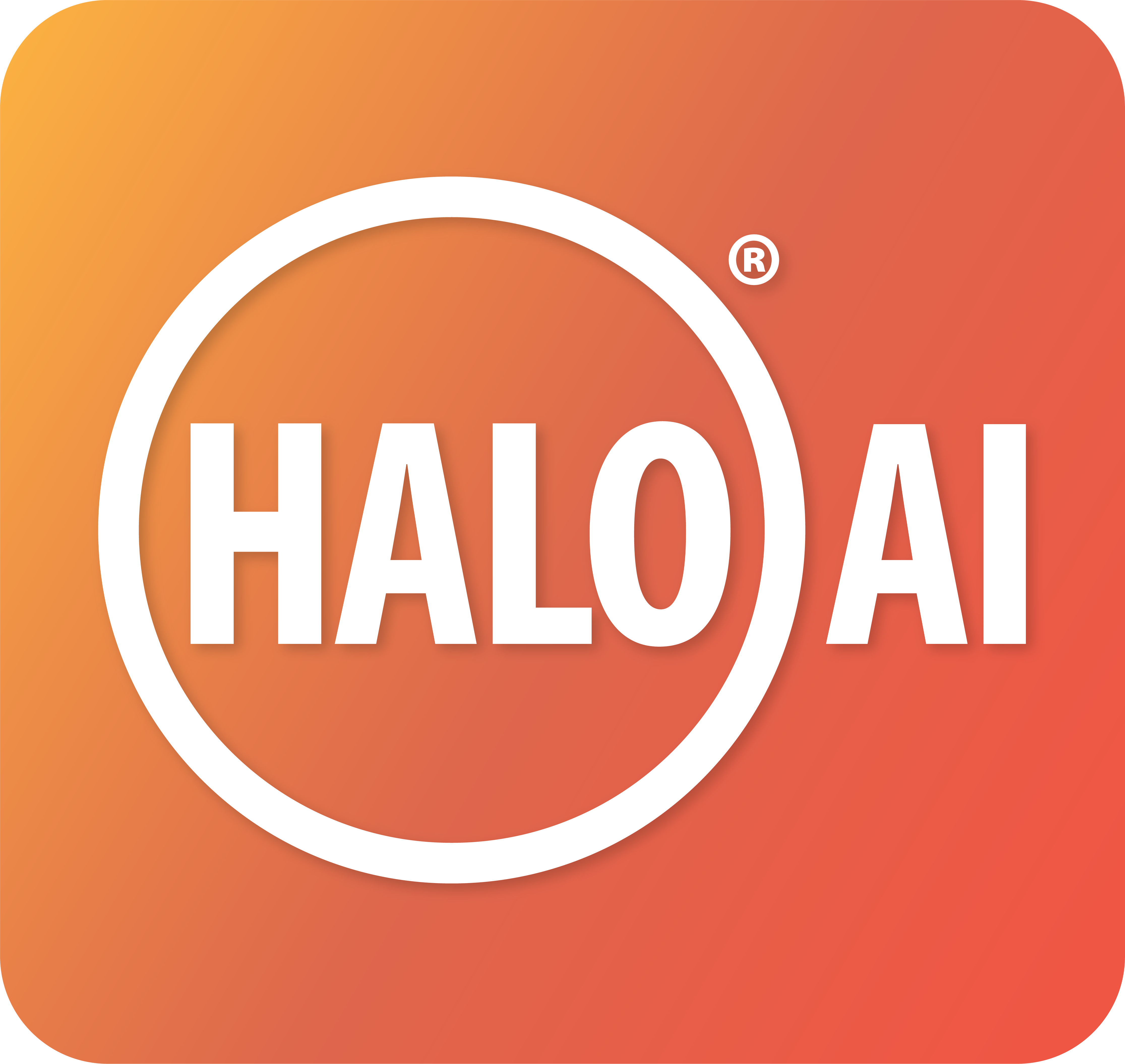Top 10 AI NLP Tools in Healthcare for 2025
Top 10 Natural Language Processing (NLP) Tools for 2025
Healthcare providers working with Natural Language Processing (NLP) tools face increasing demands for efficiency and accuracy in their daily work. These software solutions help address specific challenges by automating routine tasks, providing decision support, and improving workflow organization.
The following list includes established solutions that healthcare professionals are currently using to improve their practice. Each tool offers different features and pricing models to meet various organizational needs.
1. HALO AI
Summary: HALO AI leverages advanced deep learning networks to offer segmentation, classification, and phenotyping tools for both brightfield and fluorescence applications in pathology. It simplifies the creation of robust AI models with a train-by-example interface, enabling users to rapidly annotate images and develop training data without needing programming skills. This integration into the HALO and HALO Link platforms streamlines workflows, making it easier for researchers and clinicians to manage variability in their studies and achieve accurate, reproducible results.

2. Symptoma
Summary: Symptoma is a digital health assistant and symptom checker that allows users to input symptoms they are experiencing and receive a list of potential causes, based on the given sex and age. The tool is designed to guide users in understanding what might be wrong when feeling unwell, by asking the right questions and listing diseases that match the provided symptoms, sex, and age information.

3. CodaMetrix
Summary: CodaMetrix offers a solution that automates medical coding across various service lines, aiming to reduce manual work, ensure coding completeness and timeliness, and adapt to evolving payer rules. This platform helps healthcare organizations achieve a more accurate and comprehensive clinical data capture, leading to improved financial outcomes and patient care quality.

4. Mediktor
Summary: Mediktor offers an AI-powered virtual assistant designed to help users evaluate their symptoms and receive a pre-diagnosis in less than 3 minutes. The tool uses natural language processing and human-like avatars to create a personalized experience, guiding users to the next steps in their care journey. It aims to streamline operations for healthcare providers, insurers, and other health-related services by offering a white-label solution that can be customized and integrated seamlessly.

5. Tebra AI
Summary: Tebra AI offers a suite of tools including AI Note Assist, AI Review Replies, and AI Review Insights to help healthcare practices reduce administrative burdens. AI Note Assist transcribes patient conversations into structured, HIPAA-compliant clinical documentation, cutting down on after-hours charting. AI Review Replies automates personalized, HIPAA-compliant responses to patient reviews, while AI Review Insights organizes patient feedback into actionable insights, helping practices improve patient satisfaction.

6. Avaamo Ambient
Summary: Avaamo Ambient is an AI-powered solution designed to transform patient-clinician conversations into structured clinical notes in real-time. It saves clinicians over 70 hours per month on documentation, supports over 50 medical specialties, and integrates seamlessly with EHR systems like Epic, without requiring native integration. This tool aims to reduce documentation burden, enhance patient-physician interaction, and support multilingual healthcare environments.

7. SciSummary
Summary: SciSummary utilizes a proprietary blend of the latest large language models (LLMs) and machine learning (ML) models to generate concise summaries of scientific articles and research papers. Designed to support researchers, students, and academics, it simplifies the process of digesting complex scientific literature, facilitating literature reviews and keeping users up-to-date with research trends. The technology is continuously improved through analysis and training by a team of PhDs.

8. Woebot
Summary: Woebot is a chat-based AI platform designed to provide mental health support to users by engaging in empathetic conversations. Founded by clinical research psychologist Dr. Alison Darcy, it aims to make mental health care more accessible. The tool leverages AI to understand and respond to the emotional state of the user, offering supportive feedback and evidence-based therapeutic techniques.

9. Youper
Summary: Youper utilizes artificial intelligence to offer personalized mental health support, engaging users in conversations based on cognitive behavioral therapy and other evidence-based interventions. It has been clinically validated to reduce symptoms of anxiety and depression, making mental health care more accessible to users worldwide. The tool is designed to understand users' emotional needs and assist them in managing their mental health through interactive dialogues.

10. ForeSee ESP®
Summary: ForeSee ESP® is a cutting-edge risk adjustment software that leverages AI and Natural Language Processing to analyze EHR data and clinical notes, enhancing HCC coding productivity by up to 10x. Designed for real-time risk adjustment insights, it aids in accurate disease detection and coding at the point of care, streamlining documentation processes and supporting better clinical decisions without adding to the workload.
These tools each address different aspects of Natural Language Processing (NLP) workflows, offering various features and integration options. When evaluating options, consider your specific needs, existing systems, and budget constraints. The right choice depends on your organization's size, technical requirements, and workflow preferences.
Featured Tools Quick Reference
Youper
Youper, Inc.
An Emotional Health Assistant using AI to provide mental health support.
Target Customer: Clinician
freemiumVisit Website →
ForeSee ESP®
ForeSee Medical
AI-powered risk adjustment software for accurate RAF scores and improved HCC coding productivity.
Target Customer: Clinic
unclearVisit Website →
Avaamo Ambient
Avaamo
AI-powered medical scribe that captures and documents clinical conversations.
Target Customer: Enterprise
unclearVisit Website →
Mediktor
Teckel Medical S.L.
AI-based virtual medical assistant for symptom evaluation and pre-diagnosis.
Target Customer: Enterprise
subscriptionVisit Website →Symptoma
Symptoma GmbH
Digital Health Assistant & Symptom Checker designed to help users understand potential causes for their symptoms.
Target Customer: Clinician
unclearVisit Website →
SciSummary
SciSummary
AI-powered tool for summarizing scientific articles and research papers.
Target Customer: Researcher
freemiumVisit Website →
HALO AI
Indica Labs
Trainable AI for pathology that addresses challenges in image analysis such as segmentation, classification, and phenotyping.
Target Customer: Researcher
subscriptionVisit Website →Tebra AI
Tebra Technologies, Inc
AI tools designed to streamline clinical documentation, automate patient review responses, and provide insights into patient feedback.
Target Customer: Clinic
subscriptionVisit Website →Woebot
Woebot Health
Chat-based AI tool for mental health support.
Target Customer: Clinician
unclearVisit Website →CodaMetrix
CodaMetrix
An AI-Powered Contextual Coding Automation Platform designed to enhance medical coding quality and efficiency.
Target Customer: Enterprise
unclearVisit Website →